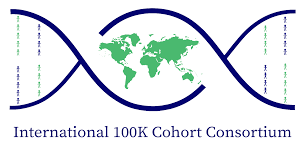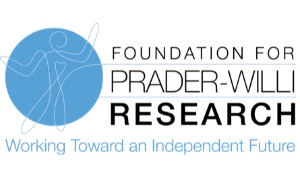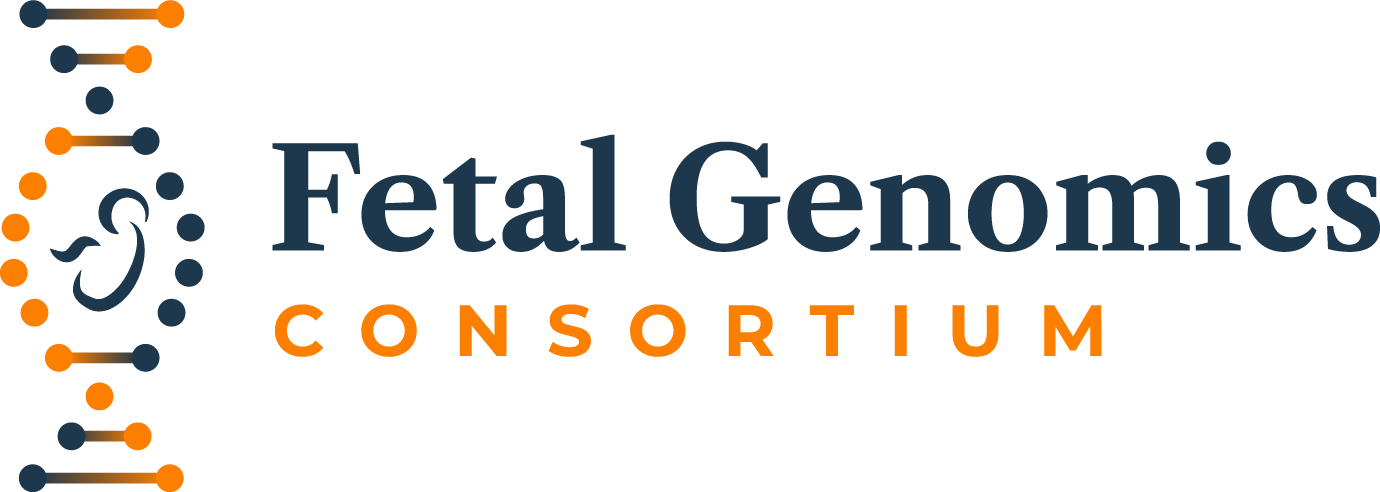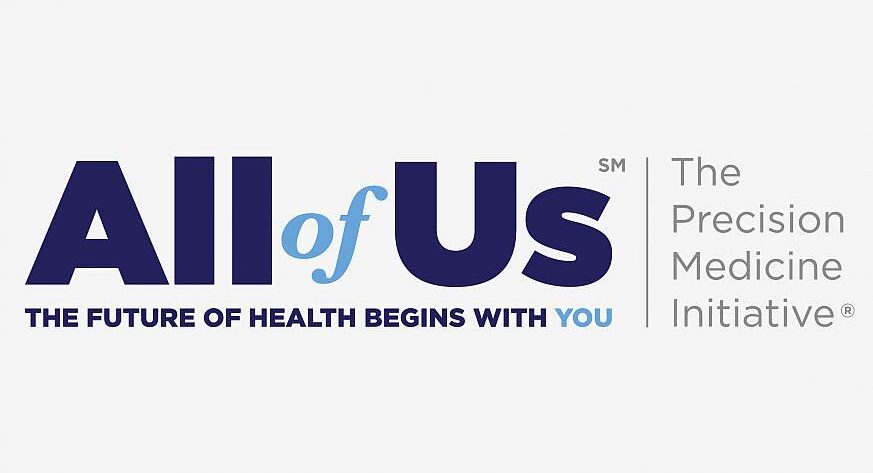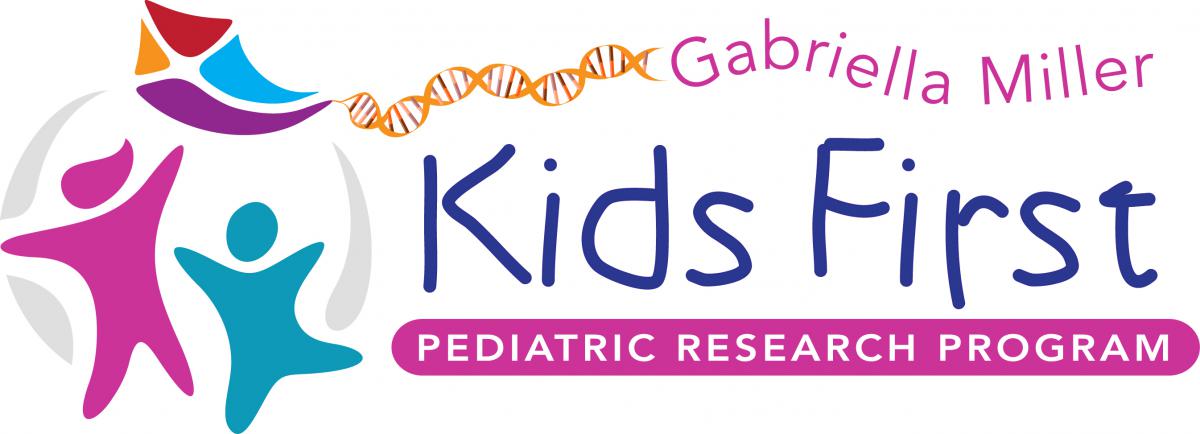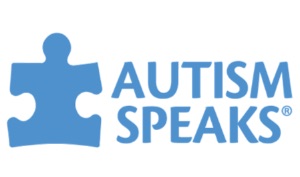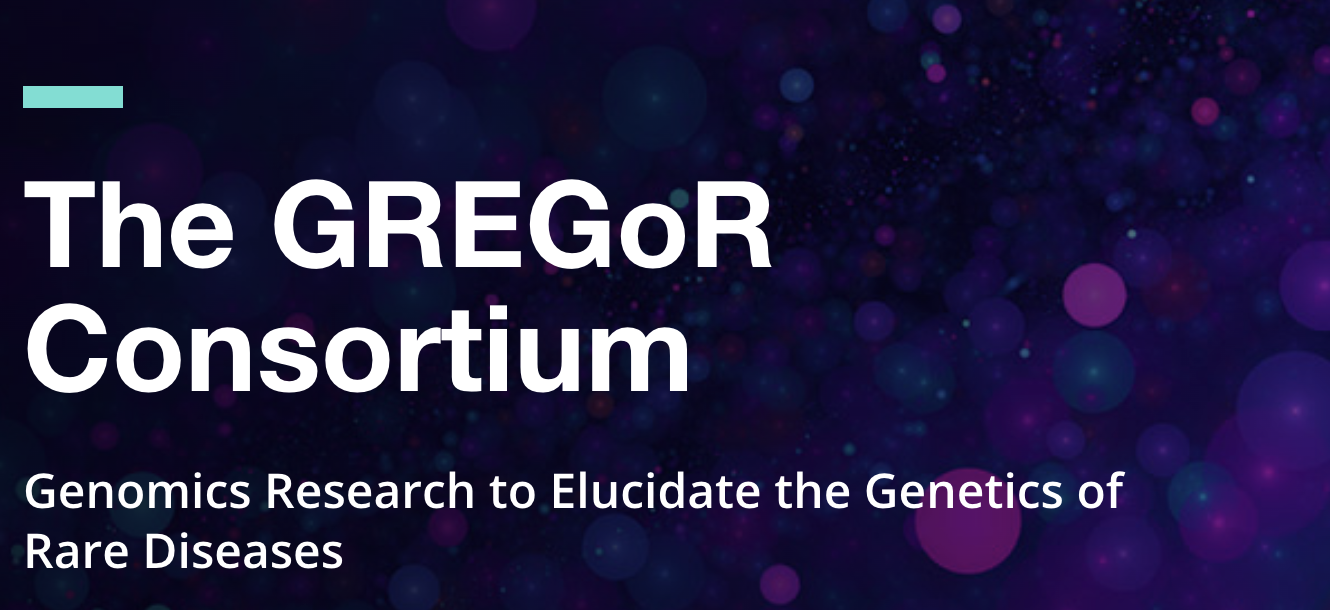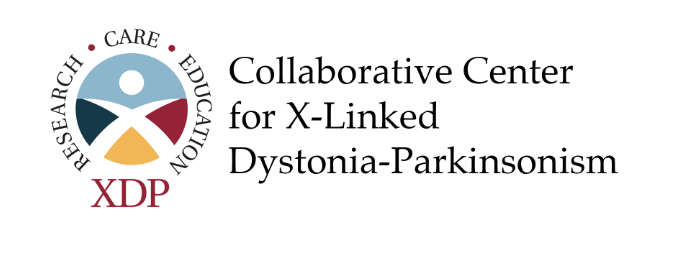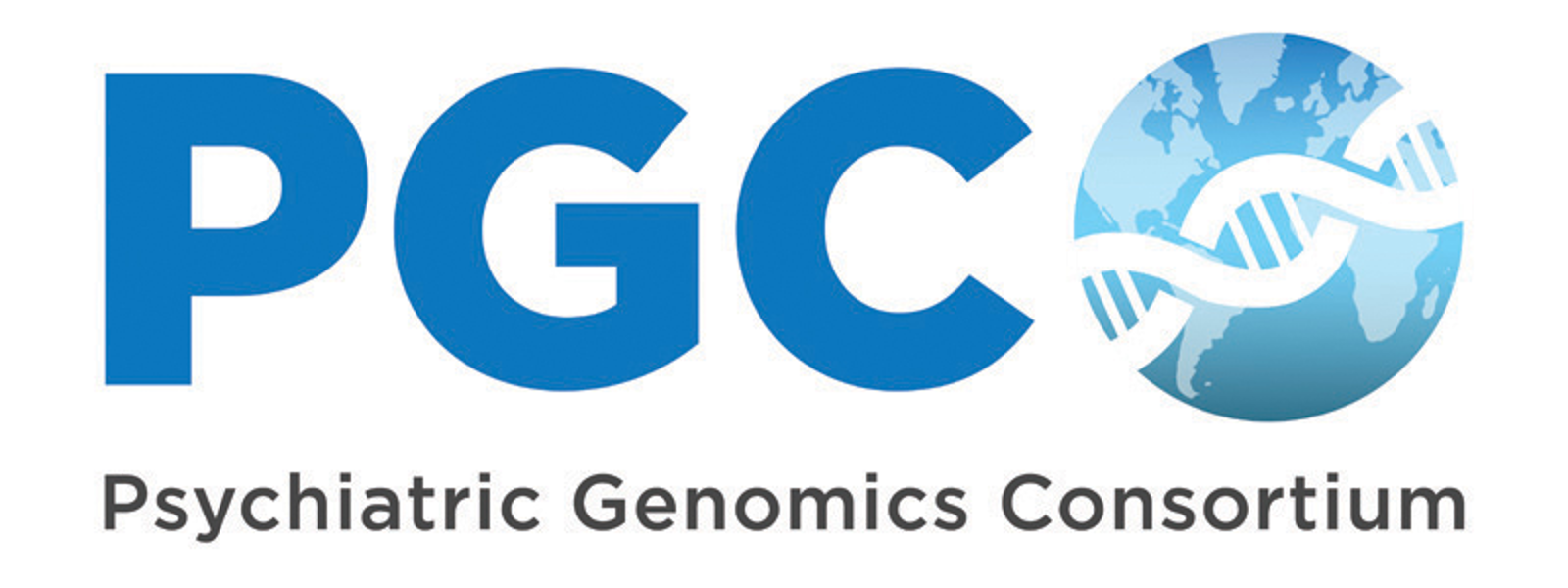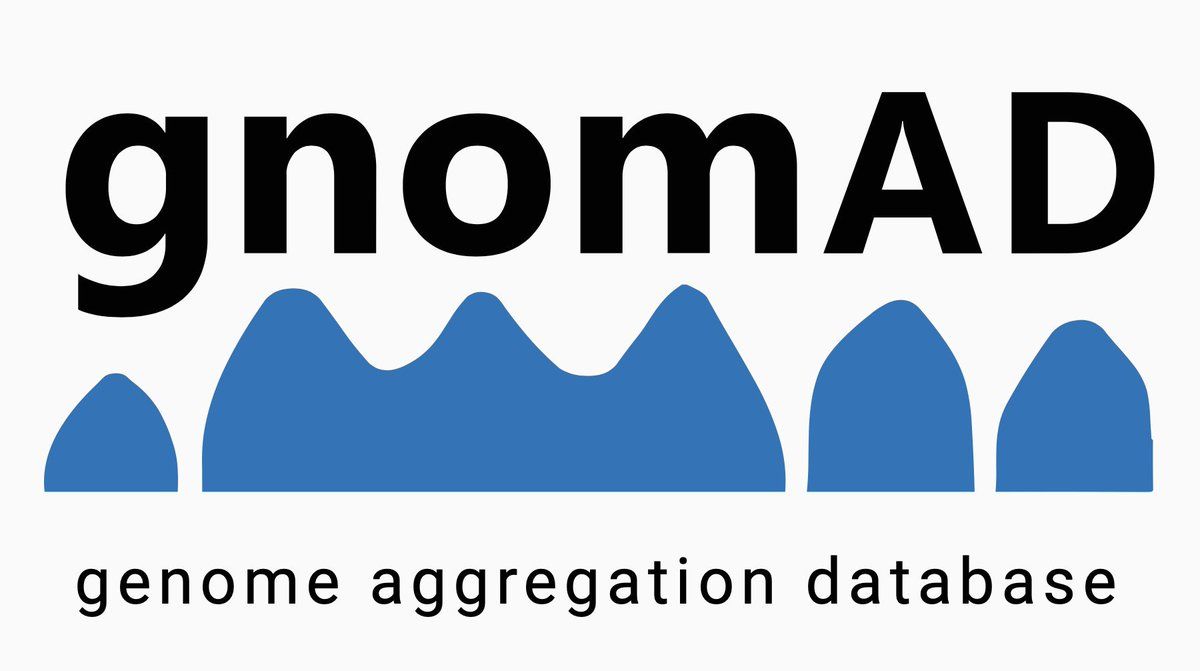Consortia & Collaborations
We are actively leading consortia and driving numerous collaboration efforts.
Consortia
The NHGRI AnVIL (Genomic Data Science Analysis, Visualization, and Informatics Lab-space) is a project powered by Terra for biomedical researchers to access data, run analysis tools, and collaborate.
The Centers for Common Disease Genomics are a collaborative large scale genome sequencing effort to comprehensively identify rare risk and protective variants contributing to multiple common disease phenotypes such as cardiovascular diseases (early-onset cardiovascular disease, atrial fibrillation, hemorrhagic stroke), neuropsychiatric diseases (autism, Alzheimer’s disease, epilepsy), and immune-mediated diseases (irritable bowel disorder, asthma, Type-1 diabetes). The Broad Institute is one of four selected CCDG project centers. The Talkowski lab focuses on neuropsychiatric disease (autism, Alzheimer’s disease, epilepsy).
The CommonMind Consortium is a public-private partnership bringing together area knowledge, large scale and well-curated brain sample collections, data management and analysis expertise. The consortium has a goal to generate and analyze large-scale genomic data from human subjects with neuropsychiatric disease and to make these data and the associated analytical results broadly available to qualified investigators.
The Fetal Genomics Consortium (FGC) is a consortium of consortia, bringing together existing pregnancy sequencing projects and adding new partners who believe that our combined efforts in precision medicine will have significant impact on maternal-fetal medicine and neonatal health. The Talkowski lab is a major contributor to the organization, sequencing, analysis, and interpretation efforts of the consortium.
The Genome Aggregation Database (gnomAD), is a coalition of investigators seeking to aggregate and harmonize exome and genome sequencing data from a variety of large-scale sequencing projects, and to make summary data available for the wider scientific community. The project is overseen by co-directors Heidi Rehm and Mark Daly, and council members Daniel MacArthur, Benjamin Neale, Michael Talkowski, Anne O’Donnell-Luria, Grace Tiao, Matthew Solomonson, and Kat Tarasova. In its first release, which contained exclusively exome data, it was known as the Exome Aggregation Consortium (ExAC).
The NHGRI Genome Sequencing Program (GSP) uses genome sequencing to identify genes and genomic variants underlying human inherited disease across its full spectrum, including rare diseases likely to be due to rare variants with strong effects (Mendelian), and common genetically complex diseases that are caused by many variants. Novel methods, tools, and knowledge gained through the GSP will be rapidly shared to enhance the ability of the community to pursue other human inherited diseases.
Other components of the GSP that the Talkowski lab is involved in are the Centers for Mendelian Genomics (CMG) and the Centers for Common Disease Genomics (CCDG).
The Human Genome Structural Variation Consortium (HGSVC) is dedicated to a complete sequence-based understanding of the full spectrum of human genetic variation. Using cutting-edge genomic technologies, we focus on developing resources and computational approaches to fully characterize and integrate structural variants into their haplotypic context in order to understand their mutational mechanisms and functional consequences. This includes the development of graph-based genotyping approaches to more accurately assess their distribution in the human population as well as their role in gene expression and human disease.
The IHCC aims to create a global platform for translational research – informing the biological and genetic basis for disease and improving clinical care and population health.
MGH Collaborations
We are collaborating with Dr. Susan Slaugenhaupt’s laboratory to understand the functional genomic implications of aberrant splicing of the gene IKAP in familial dysautonomia, a rare genetic disorder that affects the development and survival of certain nerve cells. The effects of the IKAP splicing defect can be ameliorated by the compound kinetin, and we are investigating the regulatory consequences of kinetin on IKAP expression.
Publications:
Gao et al., Nat Commun 2021
Morini et al., Am J Hum Genet 2019
We are collaborating with Drs. Jim Gusella (MGH, HMS, Broad), Marcy MacDonald (MGH, HMS, Broad) and their labs along with the CHDI Foundation to understand the pathogenic mechanism of Huntington’s disease.
Publications:
Murthy et al., PLoS Genet 2019
Jacobsen et al., Sci Rep 2017
Macakova et al., Neurodegener Dis 2016
Biagioli et al., Hum Mol Genet 2015
We are collaborating with Drs. Jim Gusella (MGH, HMS, Broad), Vijaya Ramesh (MGH, HMS) and their labs along with the Synodos Consortium to uncover the genetic architecture of neurofibromatosis type II (NF2), a rare genetic disorder causing benign nerve tumors, by performing genomic and transcriptomic analyses of tumor samples associated with NF2 from human and mouse.
Publications:
Synodos for NF2 Consortium, et al., PLoS One, 2018
The Analytic and Translational Genetics Unit is a Unit within the Department of Medicine at MGH working in partnership with the Broad Institute of MIT and Harvard. Their overall mission is learning to interpret genome sequence data for both the discovery of the genetic underpinnings of human disease and for the development of paradigms by which individuals’ genome sequence can be effectively integrated into clinical decision making.
In a collaborative study with Dr. David Jaffe, Director of Computational Research and Development at the Broad Institute, and Drs. Cristopher Bragg, Nutan Sharma, Xandra Breakefield, and others in the Department of Neurology at MGH, we are performing whole-genome de novo assemblies of the Filipino genome in the Island of Panay to determine the genetic cause of a rare disorder, X-Linked Dystonia Parkinsonism, that is indigenous to this population. This work is largely sponsored by the Collaborative Center for XDP (CCXDP) at MGH.
Publications:
Aneichyk, Hendriks, Yadav, Shin, Gao, et al., Cell, 2018
Bragg et al., PNAS, 2017
The goal of DGAP is to gain insight into human congenital anomalies by mapping the breakpoints of balanced chromosomal abnormalities (BCAs) and subsequently identify the pathogenic mechanisms by which they cause human disease. The project includes four distinct parts. Dr. Talkowski directs Project 1: Annotation of the Morbid Human Genome. This is the genomics hub of the project in which we perform whole-genome sequencing of subjects with congenital anomalies and cytogenetically identified de novo BCAs. We are further seeking to understand BCAs in phenotypically normal individuals, as well as individuals with congenital anomalies and no identified cytogenetic abnormalities. Project 2: Model Organisms, is led by Dr. Eric Liao, a craniofacial surgeon at MGH who performs zebrafish modeling of craniofacial abnormalities, with Co-Investigator Dr. Cynthia Morton, who is focused on hearing abnormalities using mouse models. Project 3: Neurodevelopmental Loci, is led by Dr. James Gusella and focused on cellular modeling of genes influencing neurodevelopmental disorders, which represents approximately 75% of DGAP cases. Dr. Talkowski’s lab closely collaborates on the functional genomics studies of Project 3, which includes genome editing in iPS models. Finally, the Coordinating Core is led by Dr. Cynthia Morton and Ms. Tammy Kammin, Genetic Counselor, is the recruitment face of DGAP, which enrolls subjects and performs all clinical assessments. For more information, please see the DGAP website.
The mission of the Psychiatric & Neurodevelopmental Genetics Unit (PNGU) at Massachusetts General Hospital is to identify and characterize the genetic basis of psychiatric, behavioral and neurodevelopmental disorders.
In collaboration with the Reproductive Endocrine Unit (REU) at MGH and the National Centers for Translational Research in Reproduction and Infertility (NCTRI), the Talkowski lab is analyzing data from patients who have Isolated GnRH Deficiency (IGD) with expansion to include reproductive genes and pathways that cause polycystic ovarian syndrome (PCOS), premature ovarian insufficiency (POI), and hypothalamic amenorrhea (HA) to investigate the genetic controls of human reproduction.
External Collaborations
The All of Us Research Program (AoURP), part of the NIH, is building one of the largest biomedical data resources of its kind. The All of UsResearch Hub will store health data from one million or more diverse participants in the All of Us Research Program. The Talkowski lab is working with the Broad Institute, Color Genomics, and the Partners Healthcare Laboratory for Molecular Medicine (LMM) to serve as the genome center for the AoURP. Dr. Talkowski’s group is leading efforts to develop structural variation detection pipelines from WGS across the All of Us program, including the development of a clinical structural variant pipeline that will evaluate the impact of structural variation across phenotypic traits in the biobank and permit the program to return clinically significant results to participants.
The Talkowski group collaborates with Microsoft as a part of the Broad-Verily-Microsoft partnership to develop cutting edge end-to-end pipelines for structural variant discovery. These efforts will accelerate research in clinical research and diagnostics of rare disease and enable large-scale genomic data sets to be analyzed on the Azure cloud platform.
The Foundation for Prader-Willi Research (FPWR) is dedicated to supporting research to advance the understanding and treatment of Prader-Willi syndrome (PWS).
The International Common Disease Alliance (ICDA) aims to improve prevention, diagnosis, and treatment of common diseases by accelerating discovery from genetic maps to biological mechanisms to physiology and medicine, to benefit people around the world.

